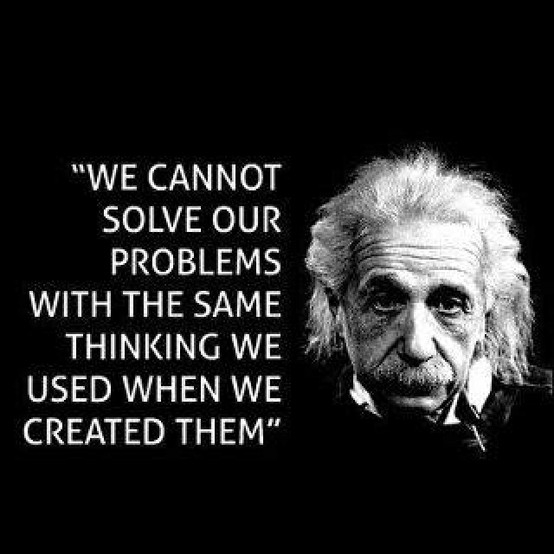|
Sleep: A mystery at the crossroads of neuroscience (Part 1)
By Deepak Chopra, M.D., FACP, P. Murali Doraiswamy, MBBS, FRCP, Professor of Psychiatry, Duke University Medical Center, Durham, North Carolina
Sleep crops up in unexpected places medically, as in the recent finding that for people suffering from bouts of depression, irregular sleep is often the first sign of an attack, and conversely, getting a good night’s sleep can help prevent the onset of depression. But the importance of sleep has become more global in recent years, involving it in obesity, for example, where bad sleep throws off the hormonal balance that tells the body when it’s hungry. (more…)

